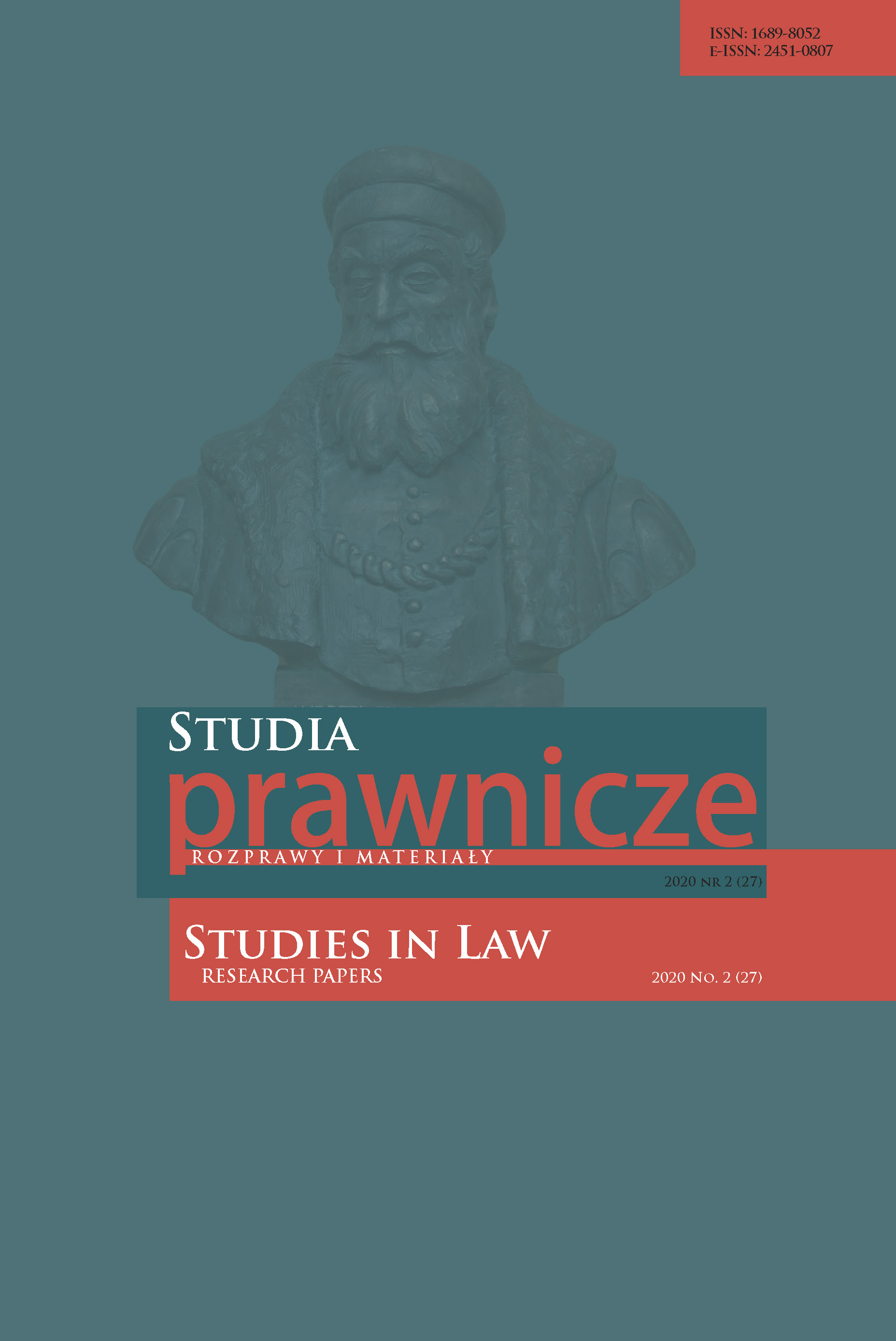Glosa do wyroku Sądu Najwyższego z dnia 5 czerwca 2014 r., wydanego w sprawie sygn. akt IV CSK 626/13
Commentary to the decision of the Supreme Court of 5 June 2014 in the case of IV CSK 626/13
Author(s): Monika SzymanowskaSubject(s): Law, Constitution, Jurisprudence, Constitutional Law, Administrative Law
Published by: Oficyna Wydawnicza KA AFM
Keywords: rights and obligations of an economic operator; liability in public procurement; professional standard of care in public procurement; clarifi cation of procurement documents; questions about condition
Summary/Abstract: Commentary supporting the decision made by the Supreme Court, which seeks to strengthen the principle of loyal cooperation of professional businesses and entrepreneurs acting as economic operators with contracting authorities under the polish Civil Code and the public procurement procedure. The opinion of the Supreme Court underlines the need for an economic operator to use all instruments provided by law to ensure its actual ability to off er a proper execution of works, the supply of products or the provision of services on the market to avoid future liability. This decision marks a landmark departure from previous rulings of lower courts and the National Appeal Chamber, which held the position that any vagueness or deficiency in the procurement documentation must be interpreted in favour of the business. The commented decision prevents economic operators from exploiting imprecise or vague terms set in the documentation in public procurement procedurę by offering goods or services not meeting the needs and demands of the contracting authority, holding the business to a higher standard of care. The Supreme Court held that the economic operator must exercise his rights in the public procurement procedure, including the right to ask questions and demand information, to ensure that it can supply the goods or provide services required. To this end, when determining future liability, the right to ask questions may be interpreted as an obligation of the economic operator, who cannot release himself from liability by claiming deficiencies, imprecise terms or vague conditions set by the contracting authority to his advantage, as to do so would break away from the standard of loyal cooperation between the parties set forth in the Civil Code, including the standard of care expected from a professional business entity. Author supports the direction of the decision of the Supreme Court, which reminds economic operators that the fact that they are not directly obligated by law to ask questions does not shield them from liability for exploiting vague terms and defi ciencies that could be corrected or clarified by the contracting authority were those questions asked during the initial stages of the public procurement procedure.
Journal: Studia Prawnicze: rozprawy i materiały
- Issue Year: 27/2020
- Issue No: 2
- Page Range: 273-282
- Page Count: 10
- Language: Polish

